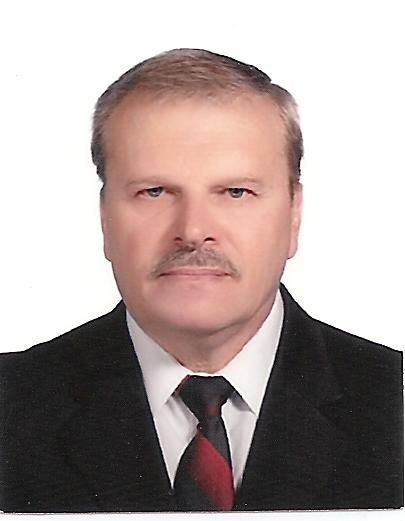
Plenary Lecture
Application of Control Theory for Optimal Circuit Design

Professor Alexander Zemliak
Institute of Technical Physics
National Technical University of Ukraine
Kiev, UKRAINE.
E-mail: azemliak@yahoo.com
Abstract: One of the main problems in designing large electronic circuits is the problem of reducing CPU time for parametric optimization of circuits. A solution to this problem can be obtained using a generalized approach to the process of optimizing electronic circuits. A generalization of the process of circuit optimization can be formulated as the problem of minimizing the functional in control theory. In this case, a special control vector serves as the main tool for redistributing computer time between circuit analysis and the parametric optimization procedure. The circuit design process in this case is formulated as a controlled dynamic system. We need to build the optimal structure of the control vector to implement the minimum-time design algorithm. Obtaining the optimal structure of the control vector in the optimization process can be based on two ideas, the maximum principle of Pontryagin and direct method of Lyapunov. The Lyapunov function of the optimization process serves as the main function that defines promising strategies for designing circuit. The process of optimizing an electronic circuit is formulated as a controllable dynamic system, and this process corresponds to a transition process for transferring the system to a stable state. The stability analysis of each design strategy is based on the direct Lyapunov method and revealed a strong correlation between the design time and the main indicators of the design process, namely the Lyapunov function and its derivative. Strategies that have the greatest absolute value of the time derivative of the Lyapunov function demonstrate the greatest stability and have the least CPU time. This is the main criterion for constructing a minimum-time design algorithm. This algorithm provides a processor time gain of thousands of times compared with the traditional approach
Brief Biography of the Speaker: Alexander Zemliak received the M.S. degree in electronic engineering from the Kiev Polytechnic Institute (KPI), Kiev, Ukraine, in 1972 and in mathematics from the Kiev University in 1975, and Ph.D. in electronic engineering from KPI in 1976. He is currently a Professor of Physics and Mathematics Department, Autonomous University of Puebla, and a Professor of the National Technical University of Ukraine “KPI”. His research interests are in computer-aided RF and microwave circuit analysis, optimal design methodologies, computational electromagnetics and numerical techniques in the simulation, analysis and optimization of microwave devices. He has authored of two books, 7 chapters of books and over 300 papers in refereed journals and conference proceedings. From 1986 to 1994 he held some research grants from Ministry of Superior Education of Ukraine and industry. From 1998 to 2016 he held some grants from Mexican National Council of Science and Technology. He is a member of Ukrainian Scientific Society, National System of Investigators of Mexico, Senior Member of IEEE, WSEAS and New York Academy of Sciences. He was a chairman of some international conferences in Mexico, member of technical program committee of some conferences around the world and invited lecturer of more than 15 international conferences. He obtained best paper awards at some international conferences: International conference IBERCHIP, 2002 (Mexico), International WSEAS Conference, 2009 (Turkey), International Conference IEEE EWDTS, 2013 (Russia), International Conference IEEE EWDTS, 2014 (Ukraine). He was a Reviewer of International Design Automation Conference-DAC, 2001–2003, USA; International Conference on Computing, Communication and Control Technologies-CCCT, 2004–2008, USA; World Multi-Conference on Systemics, Cybernetics and Informatics, 2003–2019, USA